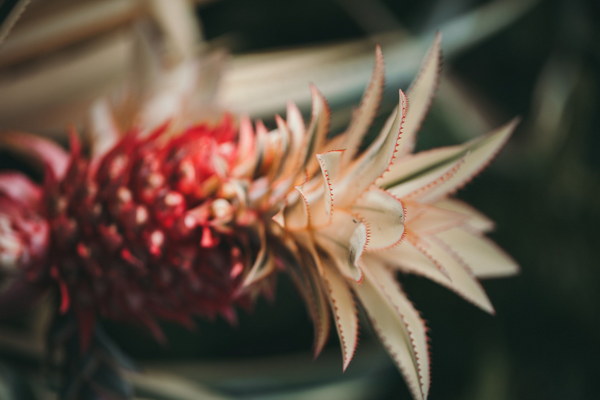The Ultimate Guide to External Beauty and Skincare Enhancing Your Radiance from the Outside In
Introduction:
In today's fast-paced world, taking care of our skin is more important than ever. External beauty and skincare products play a crucial role in maintaining a healthy, glowing complexion. From cleansers and moisturizers to serums and masks, there are numerous options available to cater to different skin types and concerns. This article will provide you with an in-depth guide to external beauty and skincare, helping you unlock the secrets to a radiant, beautiful complexion.
1. Cleansing:
The first step in any skincare routine is cleansing. It removes impurities, excess oil, and makeup that can clog pores and lead to breakouts. Here are some popular cleansing options:
a. Cream Cleansers: These are ideal for dry or sensitive skin as they provide a rich, creamy texture that gently cleanses without stripping the skin of its natural oils.
b. Gel Cleansers: Suitable for oily or combination skin, gel cleansers have a lightweight, foaming formula that effectively removes dirt and grime.
c. Micellar Waters: Micellar water is a convenient option for those on the go. It contains tiny oil molecules that attract and lift away impurities without the need for rinsing.
2. Exfoliation:
Exfoliation is essential for removing dead skin cells, promoting cell turnover, and revealing a brighter, more radiant complexion. Here are some exfoliation methods:
a. Physical Exfoliants: These contain tiny particles, such as apricot kernels or jojoba beads, that physically scrub away dead skin cells.

b. Chemical Exfoliants: These contain acids, such as alpha-hydroxy acids (AHAs) or beta-hydroxy acids (BHAs), that dissolve the bonds holding dead skin cells together.
3. Serums and Treatments:
Serums and treatments are concentrated formulas designed to target specific skincare concerns, such as wrinkles, hyperpigmentation, and acne. Some popular options include:
a. Retinoids: These are vitamin A derivatives that encourage cell turnover, improve texture, and reduce the appearance of wrinkles.
b. Vitamin C Serums: Vitamin C is a powerful antioxidant that brightens the skin, protects against environmental damage, and promotes collagen production.
c. Hyaluronic Acid Serums: Hyaluronic acid is a natural substance found in the skin that helps retain moisture. Serums containing hyaluronic acid can improve hydration and plumpness.
4. Moisturizing:
Moisturizing is crucial for maintaining a healthy, supple complexion. Here are some types of moisturizers:
a. Cream Moisturizers: Ideal for dry or sensitive skin, cream moisturizers provide a rich, creamy texture that locks in moisture.
b. Gel Moisturizers: Suitable for oily or combination skin, gel moisturizers have a lightweight, gel-like consistency that hydrates without leaving a greasy residue.
c. Oil-Based Moisturizers: These are perfect for very dry skin and provide a deep, nourishing hydration.
5. Sun Protection:
Protecting your skin from the sun's harmful UV rays is essential for preventing premature aging and skin cancer. Here are some sun protection options:
a. Sunscreen: Choose a broad-spectrum sunscreen with an SPF of at least 30 to protect against both UVA and UVB rays.
b. Sun-Protective Clothing: Opt for clothing made from UPF (ultraviolet protection factor) fabric to shield your skin from the sun.
6. Masks and Treatments:
Masks and treatments are a great way to provide an extra boost to your skincare routine. Some popular options include:
a. Clay Masks: These absorb excess oil and draw out impurities, leaving the skin feeling refreshed and clean.
b. Sheet Masks: Sheet masks are soaked in a serum that delivers targeted nutrients to the skin, providing a quick, effective treatment.
Conclusion:
External beauty and skincare products can play a significant role in maintaining a healthy, radiant complexion. By incorporating a well-rounded skincare routine that includes cleansing, exfoliation, serums, moisturizing, sun protection, and occasional treatments, you can achieve the beautiful skin you desire. Remember to choose products that cater to your specific skin type and concerns, and always consult with a dermatologist if you have any doubts or questions.









